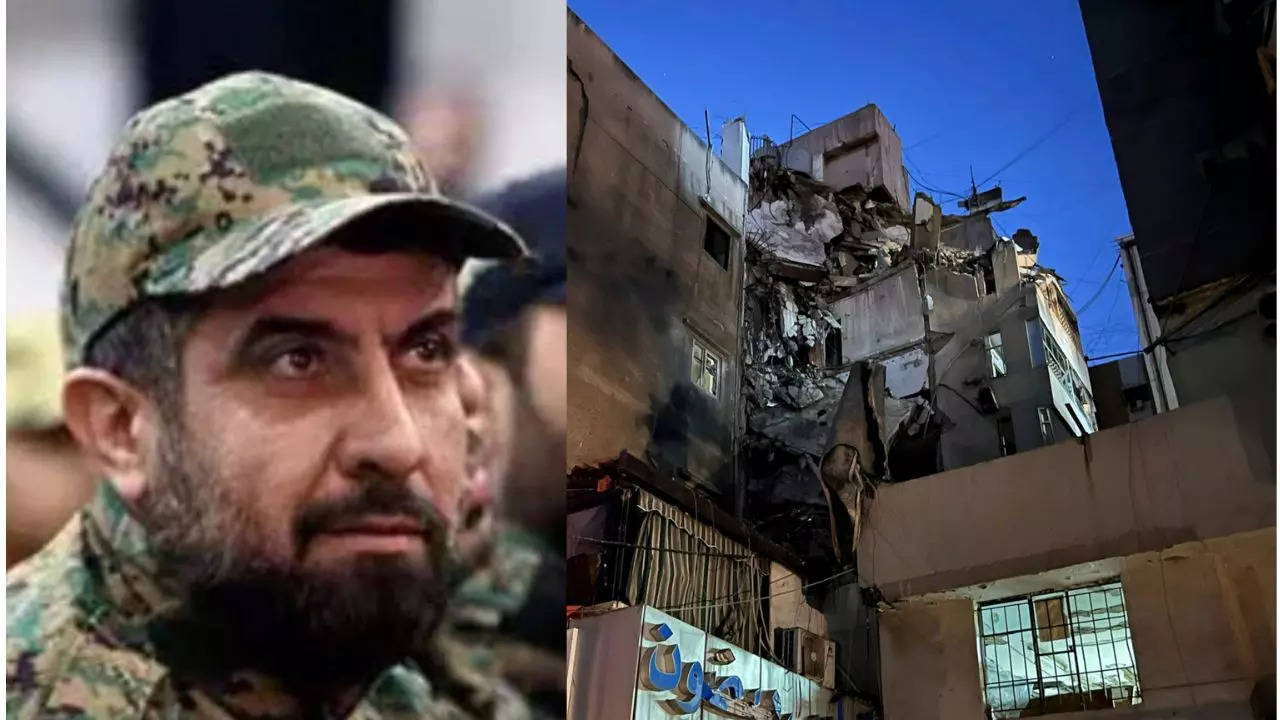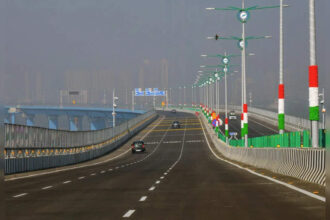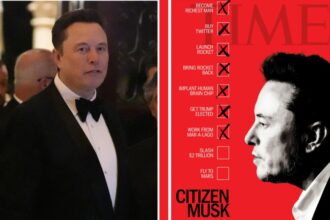Fuad Shukr, a senior Hezbollah commander and target of an Israeli strike on Beirut, was said to be a close adviser to the group’s leader and someone wanted by the US govt for his role in a 1983 bombing attack that killed roughly 300 American and French soldiers in Beirut. Hezbollah confirmed on Wednesday that Israel had killed Shukr, also known by his nom de guerre al-Hajj Mohsin, in the strike.
Israeli military blamed Shukr for the assault in Golan Heights “and the killing of numerous additional Israeli civilians.” A senior Israeli military official said Shukr was a close confidant of Hassan Nasrallah, the Hezbollah leader. After the killing of a senior Hezbollah commander, Mustafa Badreddine, in Syria in 2016, Shukr is said to have assumed some of his responsibilities.
Assaf Orion, a retired Israeli brigadier general, described Shukr as “an experienced veteran” who had worked intensively to develop Hezbollah’s precision-guided missile apparatus. Analysts say the munitions are a particular concern for Israeli military planners. Shukr’s history with Hezbollah goes back decades. He played a key role in several of the group’s major milestones, said Matthew Levitt, an expert on Hezbollah at Washington Institute for Near East Policy.
Israeli military blamed Shukr for the assault in Golan Heights “and the killing of numerous additional Israeli civilians.” A senior Israeli military official said Shukr was a close confidant of Hassan Nasrallah, the Hezbollah leader. After the killing of a senior Hezbollah commander, Mustafa Badreddine, in Syria in 2016, Shukr is said to have assumed some of his responsibilities.
Assaf Orion, a retired Israeli brigadier general, described Shukr as “an experienced veteran” who had worked intensively to develop Hezbollah’s precision-guided missile apparatus. Analysts say the munitions are a particular concern for Israeli military planners. Shukr’s history with Hezbollah goes back decades. He played a key role in several of the group’s major milestones, said Matthew Levitt, an expert on Hezbollah at Washington Institute for Near East Policy.
Source : Times of India






